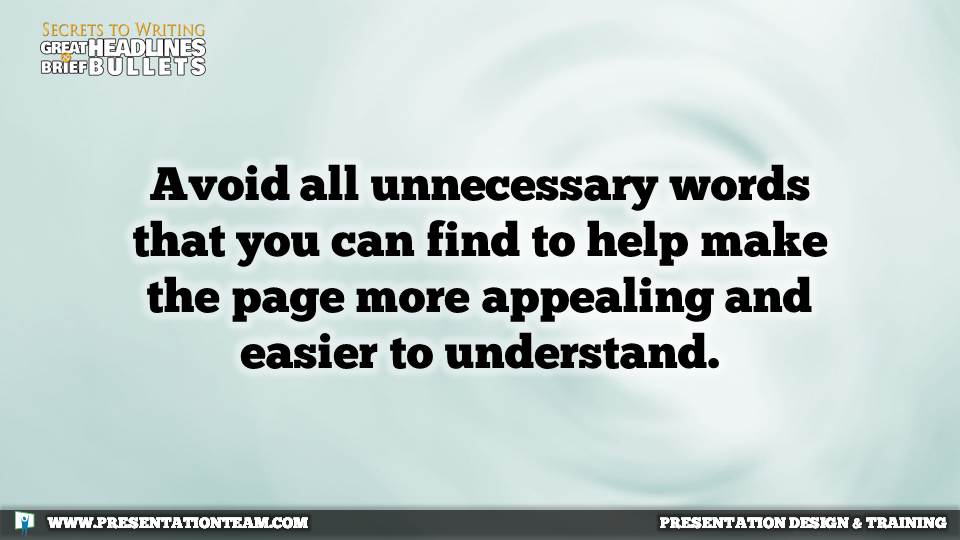


Slayer Slang offers a robust defence of new, ‘unnecessary’ usages. One of the main arenas for this kind of language play and experimentation is slang, and one of the most interesting books on slang I’ve read in a while is Michael Adams’ Slayer Slang: A Buffy the Vampire Slayer Lexicon. We may enjoy the fun of new words, what I’ve described as an ‘instinctive inclination to play with words and letters as though they were an abstract kind of toy’. Language is more than the transmission of lexical meaning, and words meet other kinds of need: social, pragmatic, stylistic, aesthetic.Īnd creative. When we talk about whether there’s a need for some grammatical or lexical innovation, we shouldn’t limit our interpretation to semantics. Vallins declares in Better English that there is ‘no more fatuous and harmful activity of the pedant than resisting new inventions’ and that ‘the ultimate question is, Is it necessary?’ To answer that properly we must consider carefully the word necessary. To err on the side of liberty than on the side of the censor: since by the manumitting of new words we infuse new blood into a tongue of which (or we have learnt nothing from Shakespeare’s audacity) our first pride should be that it is flexible, alive. Avoiding new and ‘needless’ words in formal contexts is all well and good, but what’s wrong with a grand superfluity elsewhere? Will the language look untidy if words float around not filling vital gaps? Will they gum up the works? Arthur Quiller-Couch, in The Art of Writing, found it better I just don’t get this parsimonious fixation on sufficiency. New words must fill demonstrable voids to survive. They are cheap words and we don’t need them.’ No amazeroonie for him.īryan Garner, in A Dictionary of Modern American Usage, says neologisms usuallyĭemand an explanation or justification, since the English language is already well stocked. William Zinsser, in his classic On Writing Well, puts his foot down firmly on upstarts and colloquialisms he dislikes: ‘I won’t accept “notables” and “greats” and “upcoming” and countless other newcomers. Eric Partridge, in Usage and Abusage, after noting that neologisms ‘should be formed with some regard to etymological decency’ (lest they be monstrous hybrids), says new words adopted directly from other languages are less objectionable ‘ provided always that the new words fill a gap‘ (emphasis mine). Though sometimes a useful distinction, it’s not always a clear one in the rapid everyday exchange of language, no one knows what will catch on. Critics spare these because they’re disposable coinages and not seriously intended as additions to the language. New grammatical patterns get the same treatment: after writing about the innovative because X construction, I was told it was ugly and unnecessary.Īn aside: Sometimes neologisms are distinguished from nonce-words, words invented for a single occasion or situation.

There’s simply no need for it, goes the argument. Traditionalists decry or resist neologisms they find redundant, those that overlap with existing words rather than fill an obvious gap in the language. A conservative criticism commonly levelled at new words is that they are ‘unnecessary’ – that we already have a perfectly good and proper word for whatever it is, so why introduce this needless alternative, this objectionable offshoot, this linguistic weed? Because god forbid there should be an overabundance of words.


 0 kommentar(er)
0 kommentar(er)
